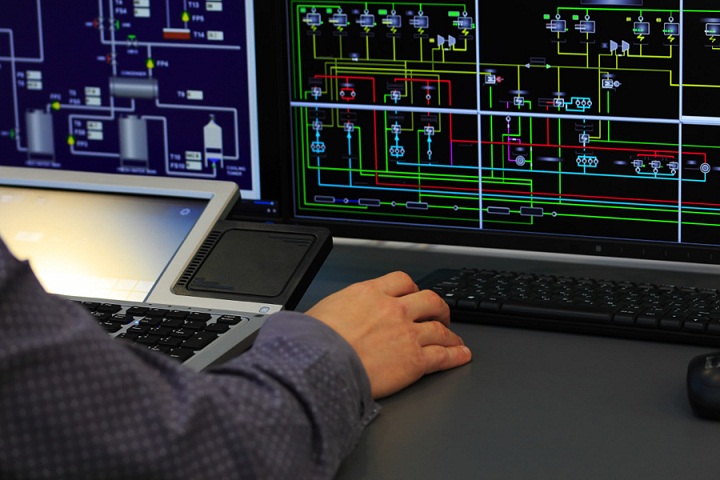How To Protect Industrial Automation Control Systems From Hacking
In the last few years activities of hackers have intensified, they have infiltrated information of credit cards, health care providers, retailers and other consumer industries. Cashless transactions/e-payments are basically for making the life easier, but hackers use the very technology in contrary. They gain access to our private information and financial accounts. As a result, innovative cyber security providers are constantly improving their defence technologies to keep up with the ever-changing threat.
Companies are also increasing their investments in industrial automation control technologies in protecting vital information from the cyber threats. These systems control our power supply & distribution, water management, process & manufacturing plants, oil refineries, transportation etc. These systems have faced less of a threat simply because they were often isolated from business networks and utilized proprietary technologies. But today more and more companies are looking to gain the efficiency of remote access or utilize the Internet of Things (IOT) to improve performance. Furthermore, newer ICS Industrial automation control systems are employing open standard communication protocols. As a result, these systems have become major targets for cyber attacks.
Industrial Automation Control System (ICS) Cyber Security: The purpose of this paper is to present a cyber security framework. Readers of this document should be familiar with general ICS Industrial automation control systems components and design, cyber security concepts and communication protocols. Critical infrastructure providers are under attack, with 36% of firms experiencing at least one operational disruption in the past two years. The cyber threat to the world’s critical infrastructure is real.
First, the potential impact of cyber infiltration is serious and damaging issue and hackers know this. Cyber attack can cause significant economic harm, but can also threaten health, safety and lives.
Second, the Industrial automation control systems in operation today are complex, webs of old and new technology provided by a range of OEM vendors. Historically, the use of proprietary technologies and isolation protected these systems from the Internet-based attacks. As we look to the future, however, operators seek to leverage the efficiency provided by these new communication technologies.
Third: Sixty-eight percent industries claimed that they faced several cyber security breaches. 35% said cyber security incidents led to a disruption of operations. Technological impacts of Industrial automation control systems is a general term applied to several types of control systems designed to support industrial processes. This includes supervisory control and data acquisition SCADA systems, PLC systems, propriety DCS systems used to control assets that are geographically dispersed over large areas. DCS is a control system that is developed to replace PID controllers and are used primarily to control production systems whereas PLC systems are generally used to control specific applications and/or standalone equipment and can be used in both SCADA and DCS systems. A typical ICS Industrial automation control systems is built using a range of network protocols and contains an array of instrumentation, controllers, human interfaces and support tools. Leading companies such as McAfee, HP, Tripwire, Symantec and IBM, as well as thousands of start-ups are investing billions in R&D to stop the next innovative hacker.



